A Level 2 electrician is an advanced, accredited professional authorised to work on complex and high-voltage electrical systems. These electricians are equipped to manage tasks that exceed the capabilities of standard electricians, particularly in connecting or disconnecting properties from the electrical network. Their work includes installing, repairing, and maintaining overhead and underground services that link properties to the electricity grid. With rigorous training and certification, Level 2 electricians ensure that these critical tasks are executed safely and to regulatory standards.
Responsibilities of a Level 2 Electrician
- Connecting Services: Level 2 electricians specialize in connecting residential or commercial properties to the electrical grid. This includes both overhead and underground service lines, requiring a deep understanding of complex electrical systems.
- Disconnections and Reconnections: They are responsible for safely disconnecting properties from the grid for maintenance or upgrades, and subsequently reconnecting them.
- Metering: Installation, inspection, and repair of metering equipment are crucial tasks. They ensure accurate electricity usage tracking and compliance with energy supplier requirements.
- Upgrading Electrical Systems: They play a pivotal role in upgrading existing electrical systems to accommodate increased load or to comply with current safety standards.
- Emergency Repairs: In situations of power outages or electrical hazards, Level 2 electricians provide timely and effective emergency repair services.
Qualifications and Licensing
In New South Wales, Australia, becoming a Level 2 electrician requires specific training and licensing. Candidates must first complete an electrician’s apprenticeship and obtain a full electrician’s license.
After this, they need to undertake additional training in a course accredited by the NSW Department of Planning and Environment. This course covers various aspects of electrical work relevant to Level 2 services, including installations, repairs, and safety protocols for high-voltage systems.
Upon completion, they must apply for accreditation as a Level 2 service provider from an electricity distributor or the Department. This accreditation is crucial as it certifies their capability to work on the network and manage specific tasks related to electrical services and connections.
To engage in the NSW energy distribution network as a certified Accredited Service Provider (ASP), registration under the ASP scheme is a prerequisite. Aspiring professionals in this domain must undergo Accredited Service Provider Level 2 training. This training is vital, as it equips you with the necessary skills to manage the inherent risks associated with electrical apparatus, ensuring safe and proficient work practices as a Level 2 electrician.
Types of Work They Perform
Level 2 electricians in New South Wales engage in a variety of specialized tasks, including:
- Connecting New Properties to the Electrical Grid: They ensure new constructions are safely and efficiently connected to the power network.
- Upgrading Power Supplies: Enhancing existing electrical systems to support increased power demand or modern appliances.
- Disconnecting and Reconnecting Services: They perform disconnections for maintenance or upgrades, followed by safe reconnections.
- Installing and Repairing Metering Equipment: This is crucial for accurate energy usage tracking and billing.
- Relocating Switchboards: They handle the complex task of moving switchboards to more suitable locations.
- Responding to Power Outages: Level 2 electricians are critical in resolving outages and restoring electricity supply.
- Maintaining Overhead and Underground Lines: Regular maintenance of these lines ensures uninterrupted and safe power supply.
When You Need a Level 2 Electrician
You need a Level 2 electrician in scenarios like:
- Property Connections to the Grid: When new buildings require connection to the electrical network.
- Upgrading Electrical Capacity: If your property needs an enhanced power supply due to increased electrical load.
- Service Disconnections/Reconnections: For safe disconnection and subsequent reconnection during major electrical work.
- Metering Installations and Repairs: Particularly for complex or high-capacity electrical metering systems.
- Emergency Electrical Issues: Such as power outages or electrical hazards that require urgent attention from a skilled professional.
- Maintenance of Power Lines: Both overhead and underground, ensuring ongoing reliability and safety of these crucial infrastructure elements.
